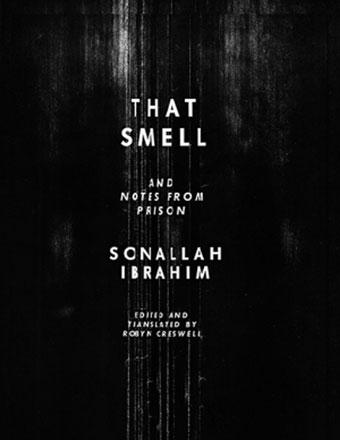You are here
Arab novelists share writing advice
By Dana Al Emam - Jul 27,2016 - Last updated at Jul 27,2016

Novelists and literary experts hold a seminar at Abdul Hameed Shoman Foundation in Amman on Monday (Photo courtesy of Abdul Hameed Shoman Foundation)
AMMAN — Feminist literature tends to provoke both male and female Arab readers as it aims to shake the status quo, novelists and literary experts said on Monday.
Speaking at a seminar discussing fiction as a literary genre in the Arab world, experts attributed the initial rejection of feminist literature to the fact that it suggests a new understanding of societal issue from a new perspective.
Palestinian novelist Sahar Khalifeh cited a difference between feminist literature and literature written by women, as the former is generated based on a consciousness of the identities and perceptions of women, while the latter discusses public issues.
She noted at the panel, which concluded a seven-day workshop for emerging writers, that male Arab authors like Nobel Prize winner Najib Mahfouz were pioneers of feminist literature.
Iraqi literary critic Abdullah Ibrahim, who is also a judge of the International Prize for Arabic Fiction, claimed feminist literature criticises the patriarchal system that stands behind the male-dominated view of societal and day-to-day issues.
Meanwhile, Jordanian-Palestinian writer Ibrahim Nasrallah said novels have to provide the readers with “something new and valuable”, as otherwise they would be mere tales for entertainment.
He also highlighted fiction’s ability to reinforce identities against false claims, giving an example of his novels on the Palestinian plight against Israeli occupation and the attempts to erase the identity of Palestinians.
The writers agreed on the comprehensiveness of topics discussed in Arabic novels, yet Khalifeh said science fiction and space were untapped fields as Arabs “import” knowledge in these fields.
The panel was organised by Abdul Hameed Shoman Foundation following a writing workshop that took place in Petra and engaged 10 participants on the stylistics and techniques for writing novels.
Commenting on the workshop, Ibrahim said it was a chance for mutual exchange of knowledge and experience, adding that fiction writing requires both talent and practice.
“Novels have dominated the literary scene in the Arab world,” he said.
Nasrallah agreed, citing passion as the main motive for writing, living and commitment to writing.
For Khalifeh, the key to a successful novel is to present “convincing and logical” characters and plot.
The three experts urged emerging writers to strip away all unnecessary elements and details that do not advance the plot, stressing the need to stay away from ornamental language.
Workshop participant Maisa Al Khudair from Jordan said many emerging writers “think they know how to write”, but receiving constructive criticism from experienced authors helps them write more consciously.
Hamed Nather from Sudan agreed, adding that learning from experienced writers helps new novelists develop quality work that adds to the existing body of fictional literature.
Related Articles
The Palestinian Novel: From 1948 to the PresentBashir Abu-MannehUK: Cambridge University Press, 2018Pp.
AMMAN — Six authors on Wednesday were announced as shortlisted for the 11th International Prize for Arabic Fiction (IPAF) during a pres
This is a new translation of Egyptian writer Sonallah Ibrahim’s ground-breaking novel, “That Smell”, which was first published in Arabic in 1966, immediately banned and dismissed by at least one prominent Egyptian literary critic for the “vulgarity” of its physiological descriptions.
















